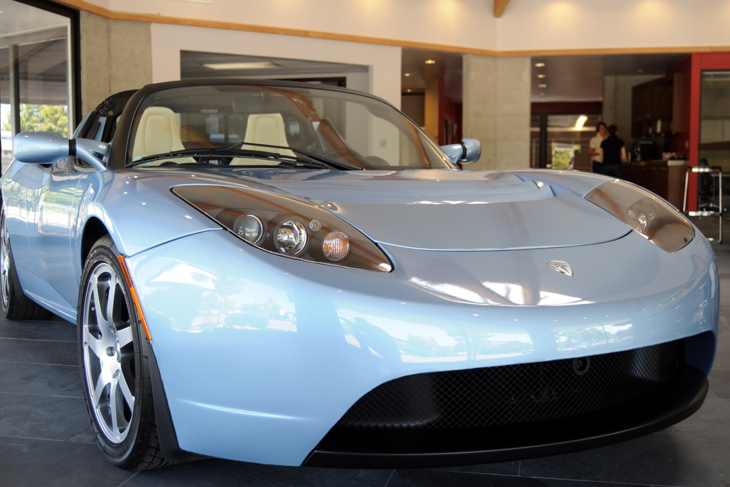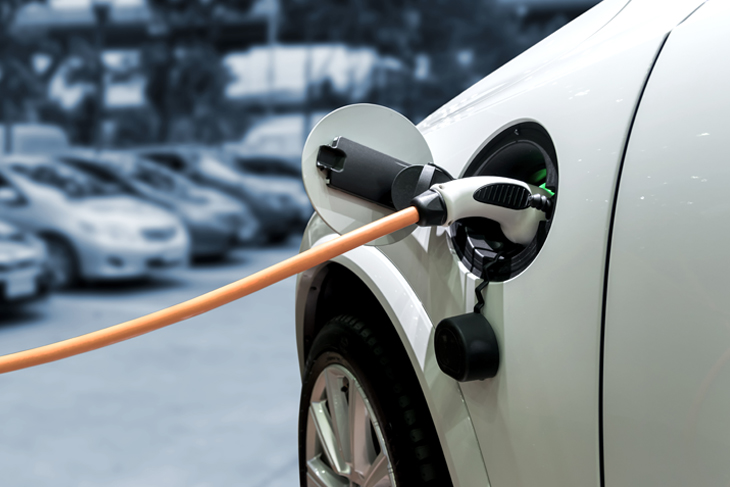There was a time, not too long ago, when electric cars were seen as a bit of a joke. Aside from the lack of awareness of climate issues, it was the size of the cars and their relative lack of power that made them nothing more than a novelty.
Looking back, that attitude seems more than a little short-sighted. However, the need for electric cars to be able to match their fossil fuel powered counterparts was a real problem, one that needed to be solved to make them a viable alternative to petrol and diesel cars. The good news is that electric car batteries have never been better than they are now. But just how much have electric car batteries improved?
The first electric cars
You might be surprised at just how long electric cars have been on the road. In fact, some of the earliest automobiles ever built were fully electric. They were soon overlooked for those with a combustion engine, and electric cars became a thing of science fiction until the 60s and 70s, when car manufacturers began exploring the possibility of electric vehicles.
In the 1980s, there were several electric car versions of popular models, which simply removed the drivetrain and replaced it with an electric engine. But their high cost, low range and even lower speeds meant they were little more than a novelty. Classed as ‘neighbourhood electric vehicles’, they were little more than glorified golf buggies.
Electric cars finally hit the road
In the 2000s, a new development in battery technology meant that electric cars were much more viable as a choice – the lithium-ion battery. Invented in the 1980s, the battery was adapted over time until it became a central component of electric cars, enabling them to travel much longer distances.
One of the first electric cars to take advantage of these batteries was the ‘Th!nk City’ car. With a range of just under 100 miles, it was much more suitable as an option than its predecessors.
In 2004, Tesla Motors began developing their Roadster, and became the first car to have a range of 200 miles.

Electric car batteries today
2016 saw an important milestone reached, with more than 1 million fully electric car sales recorded for the first time. Pioneers like Tesla and Nissan continued to develop their electric models and dominated the best-selling electric car charts. But if you looked at the other big car manufacturers, it was easy to see that there had been a big shift in the industry. Now almost every popular model has at least a PHEV version, if not a fully electric model. If you asked someone in the 70s if they thought there would ever be an electric Ford Mustang, they would have laughed at you. Today, not only is it a reality, it’s one of the most desirable cars on the market.
What range do electric cars have today?
Some of the most popular electric cars on the road:
- Tesla Model S – 402 miles (100kWh model)
- Nissan Leaf e+ - 226 miles
- Kia EV6 – 328 miles
- Porsche Taycan – 280 miles
- Ford Mustang Mach e – 379 miles
Are You Ready to Save on Car Finance?
If you’re considering getting a new car, then you don't want to miss out on what Creditplus can offer. Applying with us will not affect your credit profile, so why not complete a quick application now.
Apply Online Today!See our latest car deals





 Facebook
Facebook Twitter
Twitter Instagram
Instagram LinkedIn
LinkedIn Youtube
Youtube